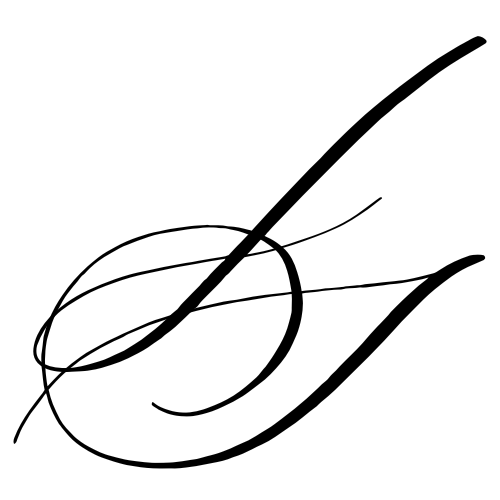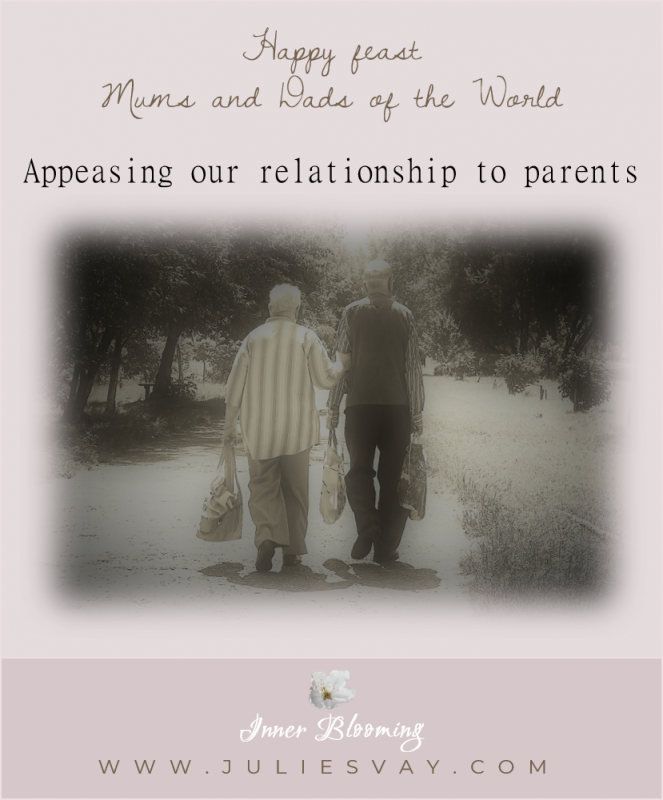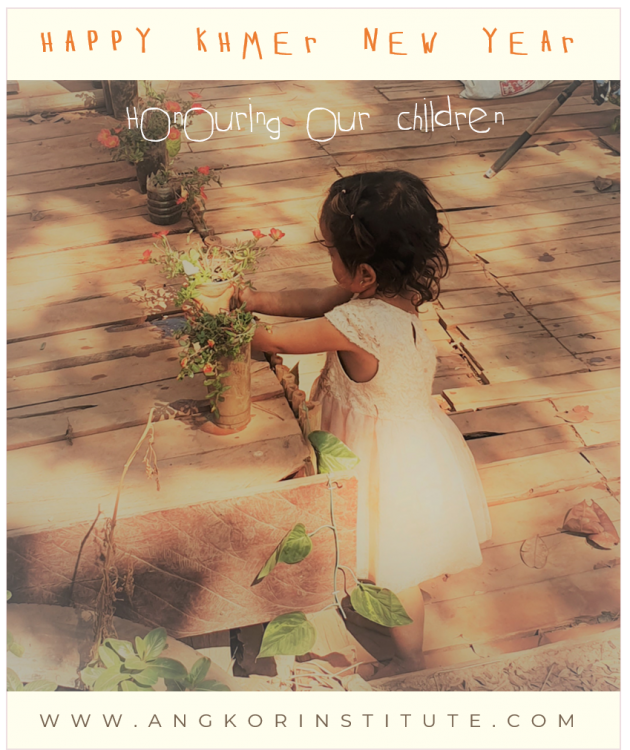
Honouring our children
25 April 2022
Appeasing our relationship to parents
30 May 2022April 2022
Dear All,
During this month of April, New Year's Eve was celebrated in several Southeast Asian countries. I dedicate this Buddhist New Year to all children - past present and future. Find our greeting card on this page https://juliesvay.com/honouring-our-children/.
On this occasion, we initiate in this newsletter a series on the inner child, in order to understand the importance of nourishing today with our own love the young being that we have been.
THE INNER CHILD (1)
The child we have been dwells within us, through all our ages. In this series dedicated to the inner child, we illustrate with a few episodes of life how a child's suffering can program a limiting behavioral pattern, capable later of preventing the adult from fully thriving
Childhood wound, belief and strategy for survival
Little Marigold is two years old when her little brother Baobab is born, who is ill from birth and requires close attention. Entrusted to her grandparents for a few days, Marigold believes that she is no longer loved by her parents and that they have replaced her with Baobab; she feels betrayed and rejected, and moreover guilty of not being able to love this newcomer, although by showing him the expected affection she might be loved through him. To cope with her confusion and suffering, Marigold decides that she does not need the love of others and will get by on her own.
Childhood is a fragile time, where multiple emotional imprints are created. Any early life situation can generate a wound - even unbeknownst to loving parents. If the child just does not yet have the ability to understand and emotionally face a given situation, a suffering imprint and a reductive belief settle in his psyche and body (energetic or physical); the child will then develop an associated strategy in order to no longer suffer.
Multiple echoes in life and limiting scheme in adult
Marigold has grown up and this childish episode has long been forgotten. She is a bit nomadic, not finding her place with any group of friends or colleagues or a lasting love, because sometimes she rejects them sometimes she feels rejected. Besides, it is the same with Baobab, who doesn't really know when he has to stay away or when she wants to show him her affection. She always ends up being disappointed or feeling betrayed by some attitude of her aging parents, from whom she prefers to detach herself. Marigold tells herself that she is right not to depend emotionally on others, however these situations are painful to her.
The emotional imprint composed of the wound-belief-strategy set can persist through the ages of life, and this is how the adult finds herself/himself locked up and limited by the unresolved sufferings of her/his own inner child. Life being our mirror and our Master, it will never cease to attract repetitive situations in resonance with our wounds and beliefs, more and more uncomfortable and painful; so and until we finally decide to heal our heart.
Heal to get free
This is done by welcoming our inner child, recognizing her/his wounds and needs, loving her/him. Each deprogramming of an imprint frees us a little more, to release the suffering and by mirroring clear the path in our life to thrive.
Emotional imprints can be more or less traumatic (whether in real facts or in the child's perception of them), of infinite and multiple variation along each lifeline and time. Because they are overwhelmingly unsuspected, the exploration of subconscious memories by sophro-analysis makes it possible to return to the theater of life so as to release the imprints always acting on the adult, with awareness and love.
My Inner Blooming mentoring accompanies you in the exploration of childhood birth and pre-natal memories to release limiting patterns, in order to thrive and grow in awareness.




